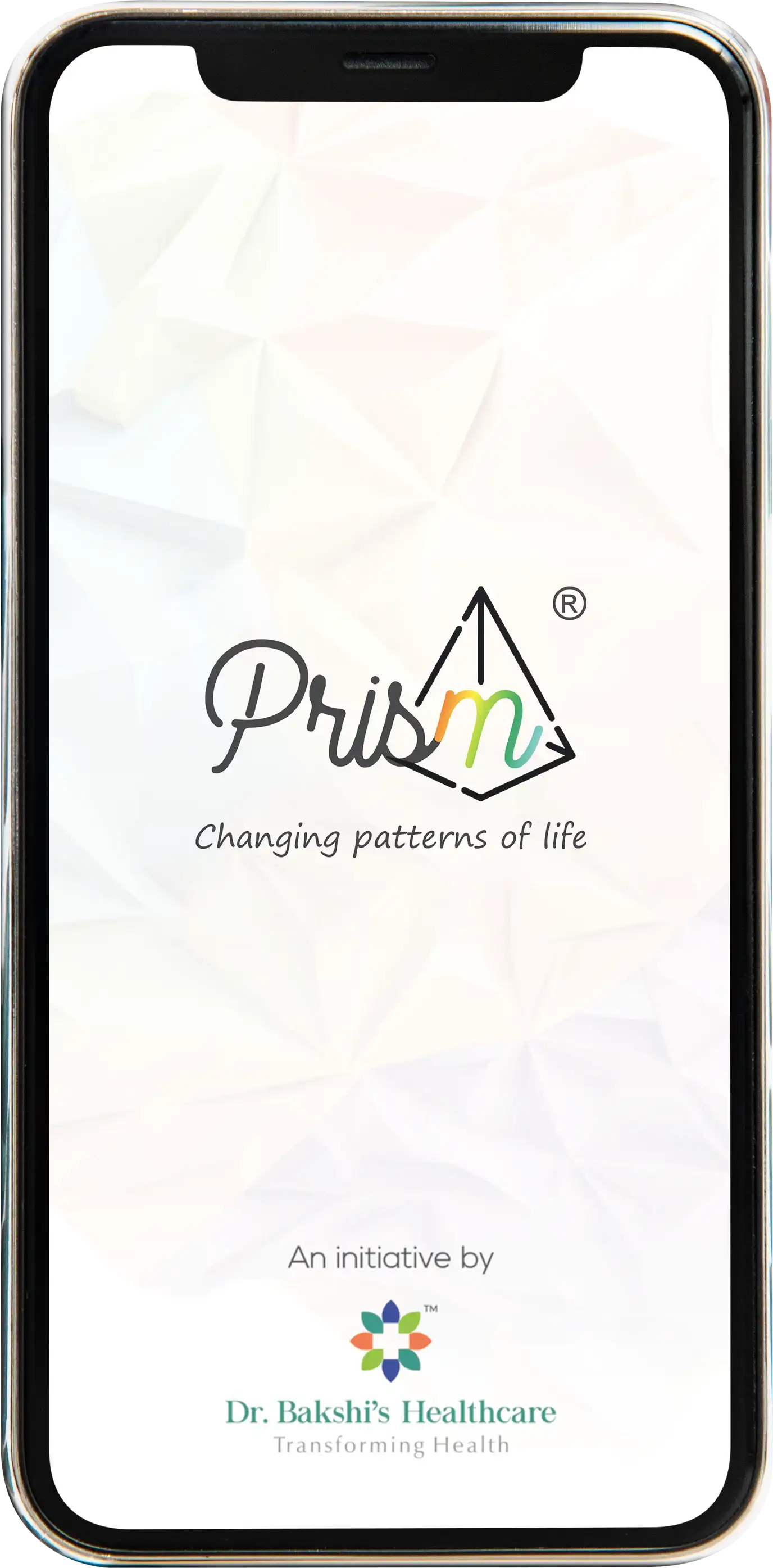
Risk Factors
What are the Early Signs?
Memory Problems
Difficulty remembering names, dates, or recent events.
Language Difficulties
Struggling to find words or follow conversations.
Struggling with Daily Tasks
Trouble completing familiar tasks or managing personal responsibilities.
Attention and Concentration Issues
Difficulty focusing or becoming easily distracted.
Behavioral Changes
Noticeable shifts in mood, social withdrawal, or irritability.
Orientation Issues
Getting lost or having trouble with spatial awareness.
Cognitive Assessment Tools for the Elderly
Tests for cognitive function in the elderly are essential for evaluating cognitive health, detecting signs of dementia, and tailoring interventions. Here are some widely used tools:
Why choose Prism?
With a comprehensive mental health application, Prism offers a range of scientifically backed tests that can be conveniently accessed online. These tests are designed to be user-friendly, ensuring that elders can easily navigate and complete them. Prism is designed to provide young people with access to tailored mental health resources, coping strategies, and progress tracking in a user-friendly digital format. With features like:
FAQs
Cognitive function refers to the mental processes involved in acquiring knowledge and understanding, such as memory, attention, reasoning, problem-solving, and decision-making.
Cognitive function is essential for everyday activities like learning, working, socializing, and managing daily tasks. It helps us process information, solve problems, and make decisions.
A cognitive evaluation is a comprehensive assessment conducted by a healthcare professional to assess a person's cognitive abilities, including memory, attention, language, and executive functions, to identify any cognitive decline or disorders.
Individuals who experience signs of cognitive decline, such as memory problems, difficulty concentrating, or changes in behavior, should consider a cognitive evaluation. It's also recommended for people with a family history of cognitive disorders or those at higher risk due to age or medical conditions.
Cognitive evaluations typically involve standardized tests, questionnaires, interviews, and sometimes brain imaging to assess various cognitive functions. The process may be done in person or through virtual assessments.
Signs include frequent forgetfulness, difficulty with everyday tasks, language problems, poor decision-making, and changes in behavior, mood, or social interactions.
Cognitive evaluations can help diagnose conditions like Alzheimer's disease, dementia, mild cognitive impairment, and other neurocognitive disorders. It can also help identify the impact of trauma, mental health issues, or substance use on cognitive function.
The duration of a cognitive evaluation can vary but generally lasts between 1 to 3 hours, depending on the tests involved and the individual's needs.
Yes, treatments may include medication, cognitive therapies, lifestyle changes (such as diet and exercise), and strategies to manage symptoms. Early intervention can help improve outcomes.
The frequency depends on individual risk factors, but older adults or those with diagnosed cognitive conditions may undergo evaluations every 1 to 2 years to monitor changes.




